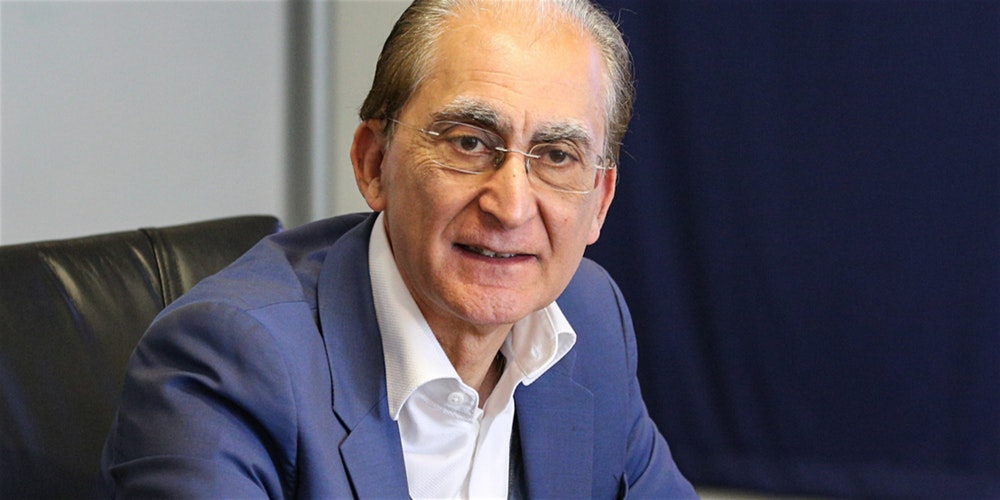
In June this year the Woolf Institute at Cambridge began a public consultation phase of a Commission on Religion and Belief in Public Life. That public consultation has been extended with a view to end on Wednesday 31 December 2014.
Background to the Commission
The Woolf Institute created the Commission with the following brief to:
- consider the place and role of religion and belief in contemporary Britain, and the significance of emerging trends and identities
- examine how ideas of Britishness and national identity may be inclusive of a range of religions and beliefs, and may in turn influence people’s self-understanding
- explore how shared understandings of the common good may contribute to greater levels of mutual trust and collective action, and to a more harmonious society
- make recommendations for public life and policy.
Below is a list of contributors which includes author and Researcher Richard Reddie, well known to NCLF.

Introduction – Commission on Religious Belief & Faith in British Public Life -written by Professor Tariq Modood – Member of Commission for Religious Belief & Faith in British Public Life
Professor John Milbank sketches the historical and intellectual background of the emergence of European secular states which restricted the public character of religion.
Professor Grace Davie offers a sociological overview of religion in Britain today compared to twenty years ago.
Professor David Voas, also a sociologist, wonders why religion should have a special place in public life when the average Briton’s commitment to football is probably higher than to religion.
Shenaz Bunglawala as Head of Research at Muslim Engagement and Development is specifically concerned with one kind of harm that the media is doing, and not only in relation to geo-politics.
The Commission document conclude with a contribution not about national institutions but on how one disadvantaged religious community is finding ways and means to change some of its circumstances. Richard Reddie is an author and researcher who is active in the black majority churches. He describes how many in that community are in low wage work and subject to usury.
General Questions For Consultation
The commission would like to know your views on the following general questions:
- Do you feel at ease with the diversity of modern British society in terms of religion and belief?
- Are the current systems of civil and criminal law in the UK satisfactory in relation to issues of religion and belief, and to the overlap between these and issues of race and ethnicity?
- Do the media accurately and helpfully portray issues of religion and belief, and communities and groups identified by religion or belief?
- Are issues of religion and belief well handled in the curricula of the UK’s systems of education at primary, secondary and tertiary levels, and in relevant systems of training and continuing development?
- Should faith-based organisations be involved in social and political action and, if so, in what ways and to what extent?
- How should disagreements be handled between and within different traditions and communities, and between these and other interests in public life and wider society?
To participate now click on the link below
Public Consultation
The Commission on Religious Belief & Faith in British Public Life
